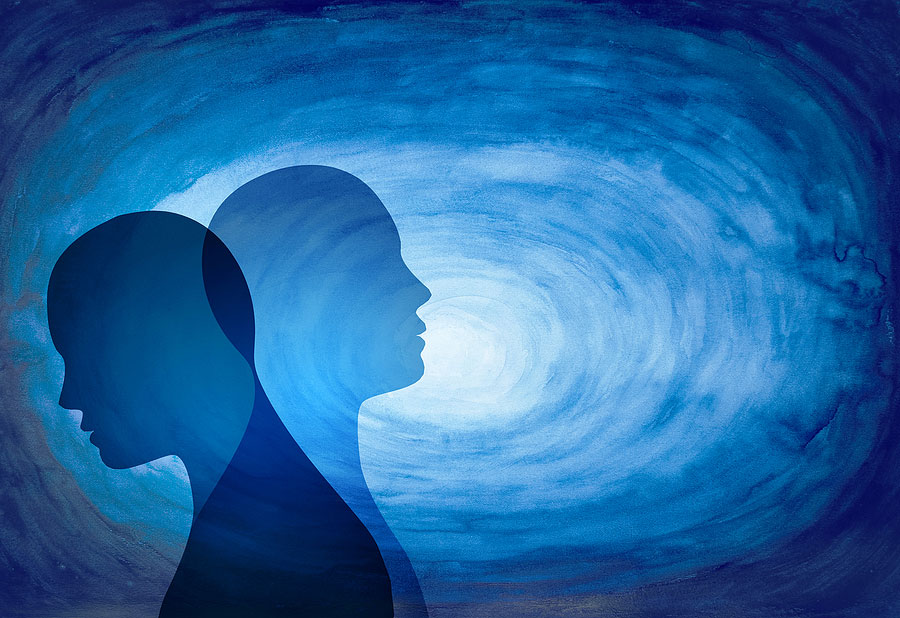Dual Diagnosis

Dual Diagnosis is defined as people that have a Psychiatric Disorder along with a co-occurring alcohol or substance use disorder. This is a very common occurrence. Mental health conditions associated with dual diagnosis include anxiety disorders, depression, bipolar disorder, PTSD, and ADHD.
People with psychiatric illnesses often try to self-medicate their psychiatric and emotional problems with alcohol or substances. The hope is to control or reduce their anxiety, depression, anger or stress, but this approach does not work. Alcohol and substances are not cures for psychiatric problems, instead they create them or make them worse.
This Integrated Dual Disorder Treatment (IDDT) model is an evidence-based practice that improves quality of life. This is why diagnosing and treating dual diagnosis psychiatric problems is so important.
Multiple Diagnoses
Multiple psychiatric diagnoses are the rule with mental illness. More than half of people diagnosed with one psychiatric disorder will be diagnosed with a second or third in their lifetime, and almost one third have four or more. Research shows different psychiatric disorders share the same genes and neuro pathways. Shared genes for example help explain why mood disorders and anxiety disorders have overlapping symptoms, and often can be treated by effectively treated with the same medications.
This also helps explain why people are so often misdiagnosed or given different diagnoses at different times. Understanding this is important in deciding which psychiatric medications should be ordered in any given patient.
The Link between Body and Brain
Mental health and physical health are fundamentally linked. People living with a serious mental illness are at higher risk of experiencing a wide range of chronic physical conditions. Conversely, people living with chronic physical health conditions experience depression and anxiety at twice the rate of the general population. Physical illnesses often present psychiatric symptoms. Treating the underlying medical issues may help resolve psychiatric symptoms thereby minimizing the need for psych medications.